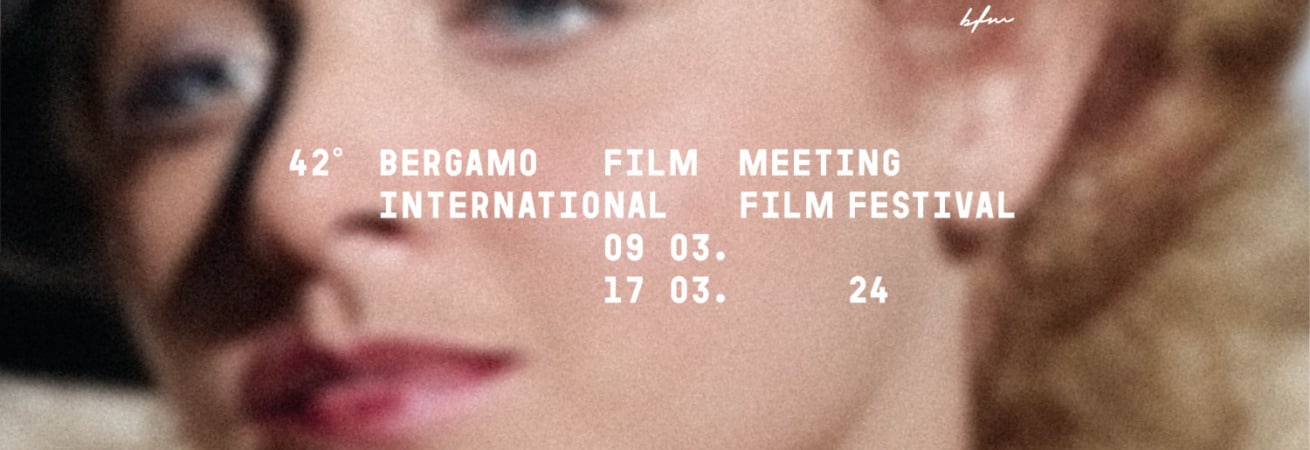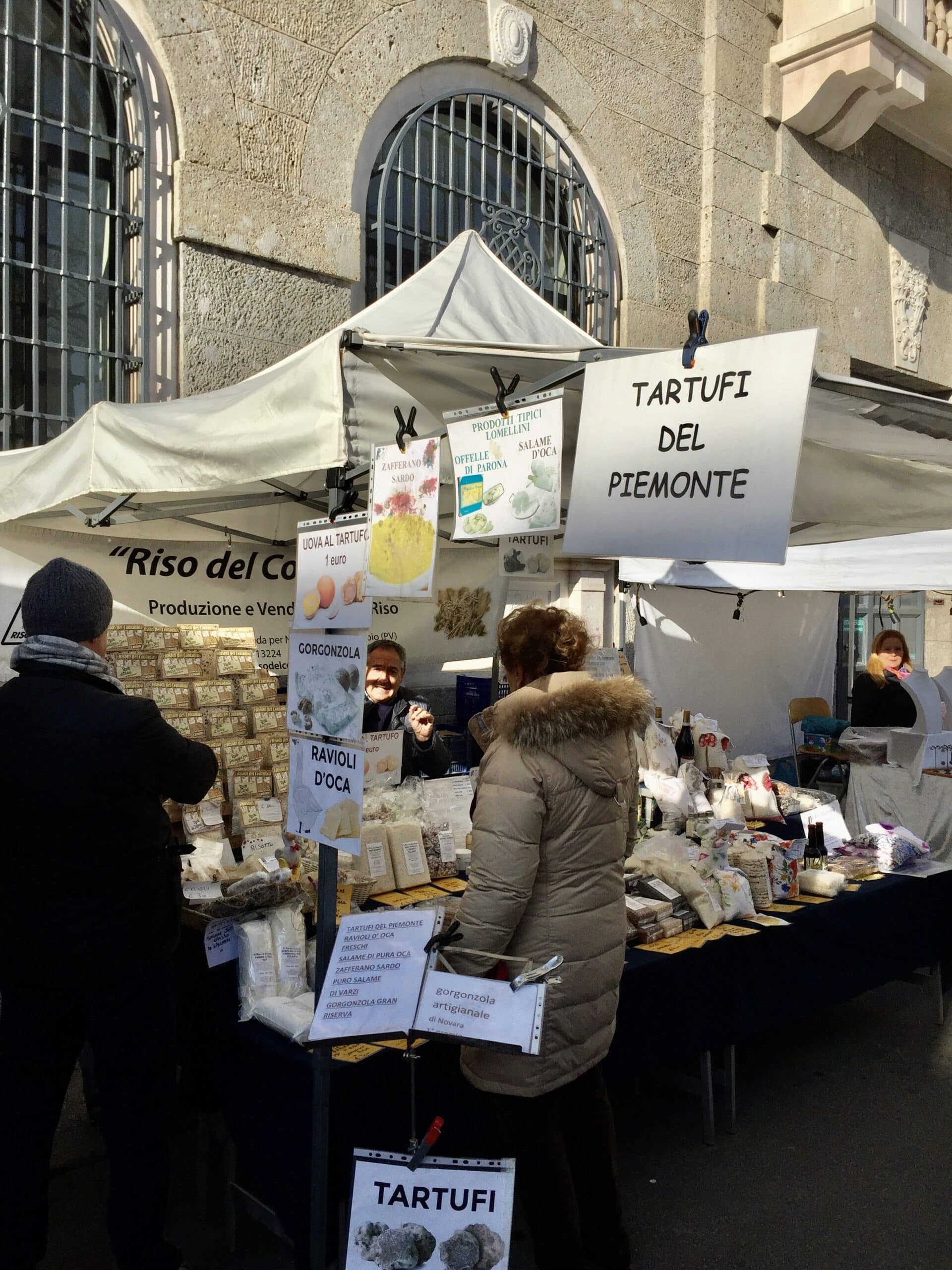This year’s festival pays special tribute to the work of Georgian filmmaker Otar Ioselliani (1934-2023).
Best known for his stylish, often picaresque, satires such as Winter Song, Chasing Butterflies and Favourites of the Moon, the critically acclaimed filmmaker, producer and editor was a keen observer of human behaviour, a talent that won him awards on the international festival circuit at Venice, Cannes and Berlin.
Born in Tbilisi in 1934 Otar Davidovič Iosseliani had a childhood passion for music. He studied piano at the Conservatory in Tbilisi- then part of the Soviet Union- before discovering his metier in film, which would lead to a glittering career from the late 1950s until his final film Chant d’Hiver which world premiered at Locarno Film Festival in 2015 (picture above).
In the 1950s he moved to Moscow where he enrolled in the Faculty of Mathematics, which he later abandoned to attend the renowned VGIK film school, where he had the opportunity to study under the guidance of great masters such as Aleksandr Dovženko and Mikhail Romm.
After honing his craft with short films he graduated in 1961 and made a medium-length film, Aprili, which was never picked up for distribution largely due to Soviet censorship issues, forcing him eventually to seek finance in France.
During the 1960s and 1970s his early films were mired with the same financing issues – Falling Leaves (Giorgobistve, 1966), his first feature film, Once Upon a Time There Was a Singing Blackbird (Iko shashvi mgalobeli, 1971) and Pastorale (Pastorali, 1976).
A move to Paris in in the early 1980s sparked a new creative phase, with Favorites of the Moon (Les Favoris de la lune, 1984) which followed a series of character all addicted to stealing, figuratively or metaphorically, thorough the story of a collection of 18th porcelain and 19th painting. Then There Was Light (Et la lumière fut, 1989), followed hot on its heels, an ethnographic documentary about the destruction of a small African village. Both films won the Special Jury Prize at the Venice Film Festival.
His works in this period engaged in a poetic exploration of the human condition, individual freedom and social dynamics, always with subtle irony and a darkly critical outlook towards the world. Iosseliani’s films are typically Georgian, by his own admission: “optimistic yet aware that everything will end badly”. His inspiration came from René Clair, Buster Keaton and Jacques Tati.
In 1991 he shot Chasing Butterflies (La Chasse aux papillons, 1991), followed by Brigands, Chapter VII (Brigans, chapitre VII , 1995), which garnered a Special Jury Prize in Venice for the third time. This was followed by Farewell, Home Sweet Home (Adieu, plancher des vaches, 1998), which tells the story of a marabout (an African stilt walker) who sneaks into posh parties; Monday Morning (Lundi matin, 2001), which earned him the Silver Bear for Best Director at the Berlinale; and Gardens in Autumn (Jardins en automne, 2005), featuring a dazzling performance by Michel Piccoli as the protagonist’s mother.
Iosseliani returned to the big screen five years later, with Chantrapas (2009), which chronicles the adventures of a Georgian filmmaker who moves to France to escape the censorship of his country, only to be subjected there to another form of censorship: the economic one. In 2014 he shot his last film, Chant d’hiver, about the absurdity of revolutions and the paradoxical consequences that each of them brings along.
Iosseliani has also been a sophisticated documentary filmmaker over the years; examples include Tudzhi (1964), shot with a hidden camera in the Rustavi Metal Works, in Georgia; Ancient Georgian songs (Dzveli qartuli simgera, 1968); Euzkadi été 1982 (1982), about the French Basque Country and its inhabitants; Un petit monastère en Toscane (1988), on the daily life of a small community of French Augustinians in the monastery of Castelnuovo dell’Abate; and the monumental, nearly four-hour long Seule, Géorgie (1993) which traces 2,000 years of Georgia’s turbulent history through archival footage and film excerpts.
‘Movies Inspired’ contributed to the organisation of Otar Iosseliani retrospective with this insight provided by the BERGAMO Film Festival team
FILMS INCLUDED IN THE RETROSPECTIVE
Akvarel (USSR, 1958)
Sapovnela (USSR, 1959)
Aprili (USSR, 1961)
Ghisa/Tudzhi (USSR, 1964)
Falling Leaves /Giorgobistve (USSR, 1966)
Ancient Georgian Songs/Dzveli qartuli simgera (USSR, 1968)
Once Upon a Time There Was a Singing Blackbird/Iko shashvi mgalobeli (USSR, 1971)
Pastorale/Pastorali (USSR, 1976)
Euzkadi été 1982 (France, 1982)
Sept pièces pour cinéma noir et blanc (France, 1982)
Favorites of the Moon/Les Favoris de la lune (France, 1984)
Un petit monastère en Toscane (France, 1988)
And Then There Was Light/Et la lumière fut (France, Germany, Italy, 1989)
Chasing Butterflies/La Chasse aux papillons (France, Italy, Germany, 1991)
Brigands, Chapter VII/Brigands, chapitre VII (France, Switzerland, Russia, Italy, 1995)
Farewell, Home Sweet Home/Adieu, plancher des vaches (France, Switzerland, Italy, 1998)
Monday Morning/Lundi matin (France, Italy, 2001)
Gardens in Autumn/Jardins en automne (France, 2005)
Chantrapas (France, Georgia, Ukraine, 2009)
Chant d’hiver (France, 2014)
OTAR IOSELLIANI RETROSPECTIVE | BERGAMO FILM MEETING

 Bergamo Film Meeting unveils its 42nd edition from March 9 – 17, 2024. One of the most important events in the Italian festival calendar the meeting draws thousands to its annual celebration of auteur and arthouse cinema in the mountainside venue just north of Milan in the Italian Dolomites.
Bergamo Film Meeting unveils its 42nd edition from March 9 – 17, 2024. One of the most important events in the Italian festival calendar the meeting draws thousands to its annual celebration of auteur and arthouse cinema in the mountainside venue just north of Milan in the Italian Dolomites.
